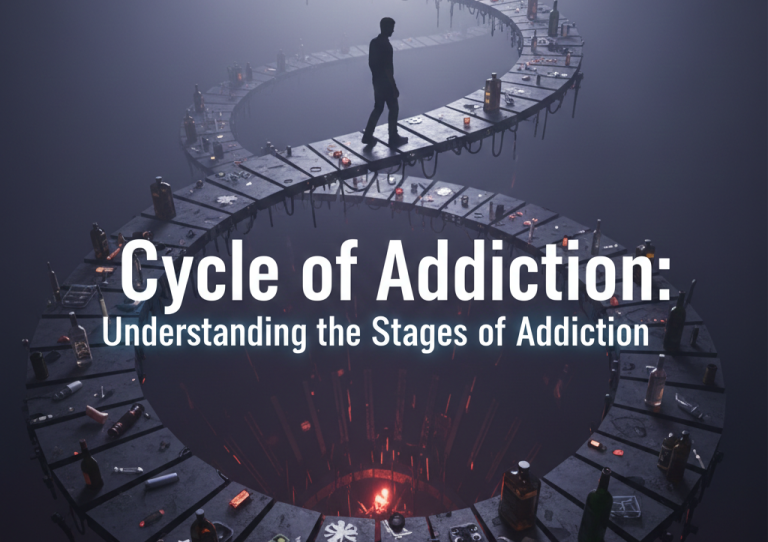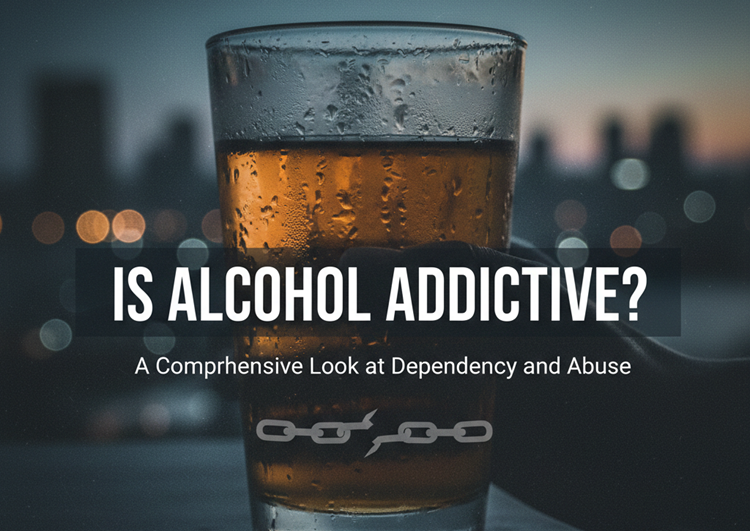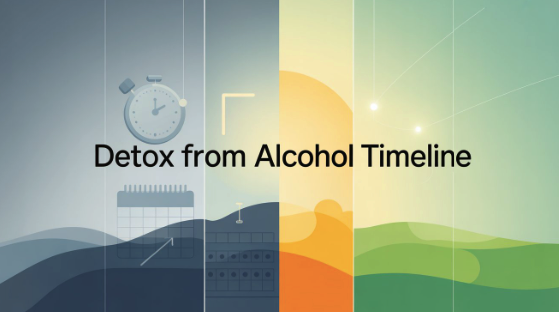In today’s society, the two terms: addiction and dependence are used synonymously, but the two words have different meanings. It is, therefore, important to differentiate between these two conditions to ensure that people with these conditions are provided with the right care and help that they require.
Understanding Dependence
Dependence is a state in which an individual becomes accustomed to or has a necessity for a substance. Physical dependency is a condition when the body develops tolerance to any substance and tends to manifest withdrawal symptoms when the substance is not administered. Psychological dependency refers to the cases whereby an individual develops emotional and mental fixations to a substance that results in a changed behavior.

Physical Dependence
Physical dependence rises steadily, as patients require larger dosages of drugs to produce the same impact – tolerance. They are experienced when the substance in question is either taken in lesser amounts or stopped entirely and causes physical distress or sickness. Headache, sweating, nausea, and trembling are some of the symptoms of this condition.
Psychological Dependence
Psychological dependence is where an individual feels that he or she needs to continue using a substance in conditions that are not related to physical cravings. People may find it hard to quit as they think that they require the substance to deal with stress or anxiety. Cravings and compulsive thoughts about the substance are common, leading to behavioral changes such as using the substance despite apparent consequences.
Examples of Dependence
- Prescription Medications: Dependence is common among people who have used prescription drugs for some time, for instance, pain relievers, antidepressants, etc. These medications are commonly used as directed but users might experience some withdrawal symptoms if they try to stop using them suddenly.
- Caffeine Dependence: Some well-known substances like caffeine in coffee or energy drinks are addicting. It becomes habitual and results in withdrawal symptoms such as headache, tiredness, and temperance when stopped.
Understanding Addiction
Addiction is a long-lasting disease that involves uncontrollable substance use even though it leads to negative effects. It is characterized by a lack of control in substance use and significant interference with daily life and responsibilities. Addiction affects brain function and behavior.
Behavioral Characteristics of Addiction
Addiction shows itself in the form of uncontrollable behaviors and a person cannot stop using the substance. The addicted person will still take the substance even if they are aware of the consequences that are likely to be faced in their daily lives. This compulsive use is as a result of alterations in the brain reward system, which strengthens the behavior.
Impact on the Brain
Addiction alters the brain’s structure and function of the brain especially the part of the brain responsible for reward, motivation, and memory. Substance use causes the production of neurotransmitters that make the user experience feelings of pleasure such as dopamine. Gradually, the brain ceases to produce these chemicals on its own, and hence people resort to the substance to feel normal.
Examples of Addiction
- Substance Addiction: Alcohol, nicotine, and drugs such as heroin, and cocaine among others are some of the substances that people get addicted to. These substances change the balance of chemicals in the brain which culminates in compulsive use and numerous physical and psychological side effects.
- Behavioral Addictions: Addiction can also be with activities for example gambling, gaming or even shopping. These activities trigger the brain’s reward system, causing people to engage in them repeatedly despite adverse outcomes.
Addiction vs Dependence
Dependence is mainly a physical state brought about by a substance, which has features of tolerance and the presence of withdrawal symptoms. Addiction is on the other hand a chronic disease that encompasses the physical and the psychological health of an individual, including the aspect of uncontrollable compulsion.
Symptoms and Behaviors
- Dependence: The common symptoms are tolerance( the body requires more of the substance to produce the desired effects) and withdrawal (the body shows some effects when the substance is reduced or stopped). Some of the behaviors may include using the substance to avoid the withdrawal symptoms.
- Addiction: Symptoms include difficulty in quitting the substance, irresponsibility, and using the substance even when it has negative impacts. Behaviors are driven by compulsive use and cravings, often leading to significant life disruption
Impact on Life
- Dependence: The consequence of dependence is usually limited to physical symptoms and discomfort during withdrawal. Nevertheless, it can impact one’s daily routine, though it is usually more controllable with the assistance of a doctor.
- Addiction: Addiction is a chronic condition, as it influences the physical and psychological state of a person, interpersonal relationships, and life in general. Addiction results in financial crises, legal aspects, and extreme health dangers.
Treatment and Recovery
Treatment Approaches for Dependence
- Medical Detoxification: This process involves the gradual reduction of the substance under the supervision of a doctor to help in managing withdrawal symptoms.
- Medication-Assisted Treatment: Some drugs can be used to minimize withdrawal symptoms and the desire to use drugs thus aiding in the fight against dependence.
- Counseling and Therapy: Behavioral therapies like CBT assist in identifying the causes of dependence and ways of managing them.
Treatment Approaches for Addiction
- Rehabilitation Programs: Rehab programs offer people with a particular structure that helps them get medical, psychological, and social care to stop using substances.
- Behavioral Therapies and Counseling: Other forms of treatment such as CBT are used to tackle some of the psychological features of addiction and encourage positive change.
- Support Groups and Community Resources: Support groups where like-minded people come and support each other are very helpful in sustaining the recovery process.
Recovery Process
- Stages of Recovery: It is a process that is divided into three different stages namely rehabilitation, and aftercare. All the stages call for different forms of help and assistance.
- Importance of Support Systems: Family, friends, and the community are very helpful in the process of the recovery of an individual. Good relations and support can help in motivation and can hold one accountable.
- Strategies for Preventing Relapse: Learning to develop healthy ways of managing one’s thoughts and feelings, not exposing oneself to situations that may trigger the desire to use drugs again, and continued therapy are ways of preventing relapse and sustaining recovery.

It is important to know the difference between addiction and dependence as this can help one determine the right kind of help that is required for the individual affected. Dependence is a state in which an individual requires a substance to function, and this is evident through tolerance and withdrawal, while addiction is a complex and relapsing disease that is characterized by compulsive drug intake and has severe consequences in an individual’s life.
If you or a loved one is suffering from any form of addiction, you can check out our addiction treatment program at Orlando Treatment Solutions or give us a call at (321) 415-3213 to learn more.



























